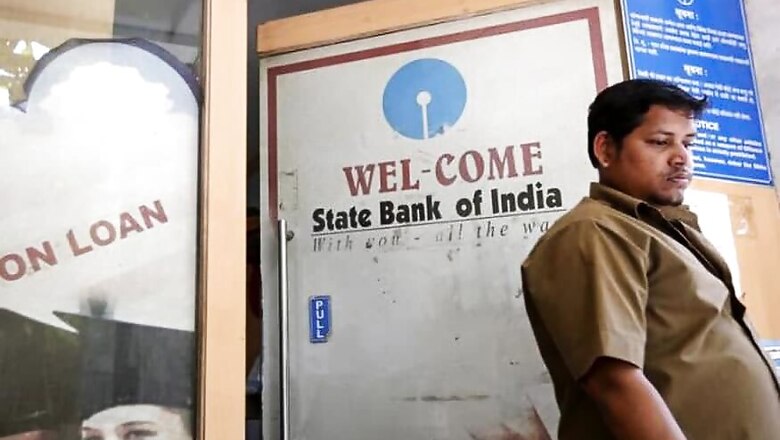
views
New Delhi: Indian government is pushing state-owned steel, power and shipping firms to take over assets of private companies that have defaulted on loans, but faces resistance from them, leaving it scrambling to clear a $135 billion pile of stressed loans from banks' books.
Over the past two years, Prime Minister Narendra Modi's government has pushed banks to recognise non-performing assets, make adequate provisions for them and try to raise capital from outside to bolster their balance sheets.
But, facing an end-March deadline to declare all bad loans on their books, the mostly state-owned banks have struggled to do any of that.
The problem loans are limiting their ability to lend, weighing on India's growth prospects. They also risk straining government finances, as it must find the money to bear the higher recapitalisation burden.
Last month, steel ministry officials met with Modi to outline measures to revive a sector reeling under bad loans and cheap Chinese imports. Days later, in a renewed push, Finance Minister Arun Jaitley met with top lenders, including State Bank of India and ICICI Bank, steel and shipping ministry officials and some state-owned companies.
He gave the state-owned firms a list of 23 troubled steel, power and shipping companies with bad loans totalling $14.5 billion, according to government officials and minutes of the meeting seen by Reuters.
The state-owned firms were "encouraged" to buy at least one asset and take a minority stake in a company on the list.
Alternatively, banks were asked to approach state-owned companies for help in operating and managing assets the lenders had taken over via debt-for-equity swaps, the minutes show.
Most of the companies on the list were steelmakers, including Bhushan Steel, Essar Steel and Electrosteel Steels. Those three companies declined to comment for this article.
NO SAIL
Steel Authority of India Ltd (SAIL), the country's biggest steel producer, initially turned down the government proposal, saying its own finances were not up to buying troubled assets from others, three officials with direct knowledge of the matter told Reuters.
Later, the steel ministry told the prime minister's office (PMO) that it needed banks to be more flexible with bad loans before asking SAIL for help, one of the officials said, adding SAIL might then reconsider taking over assets.
SAIL declined comment.
It was not immediately clear whether any other state-owned company had taken up, or rejected, the government proposal.
The finance ministry, steel ministry and PMO did not immediately respond to requests for comment.
The fraught negotiations, details of which have not been previously reported, underscore the depth and complexity of the problem, and suggest India's bad loan crisis is likely to persist for longer than the government has projected.
Banks are under pressure to find buyers for the debt-for-equity stakes they hold in the nearly two dozen companies on Jaitley's list, and would take big haircuts on stake sales, the minutes of the meeting show.
The sale of at least some of those troubled assets to state-owned firms would set a precedent and make it easier politically for banks to sell the rest of the assets to private buyers.
"The idea was to set an example," one government official said. "Tomorrow, the banks can give 30-40 percent haircut and nobody will question."

















Comments
0 comment